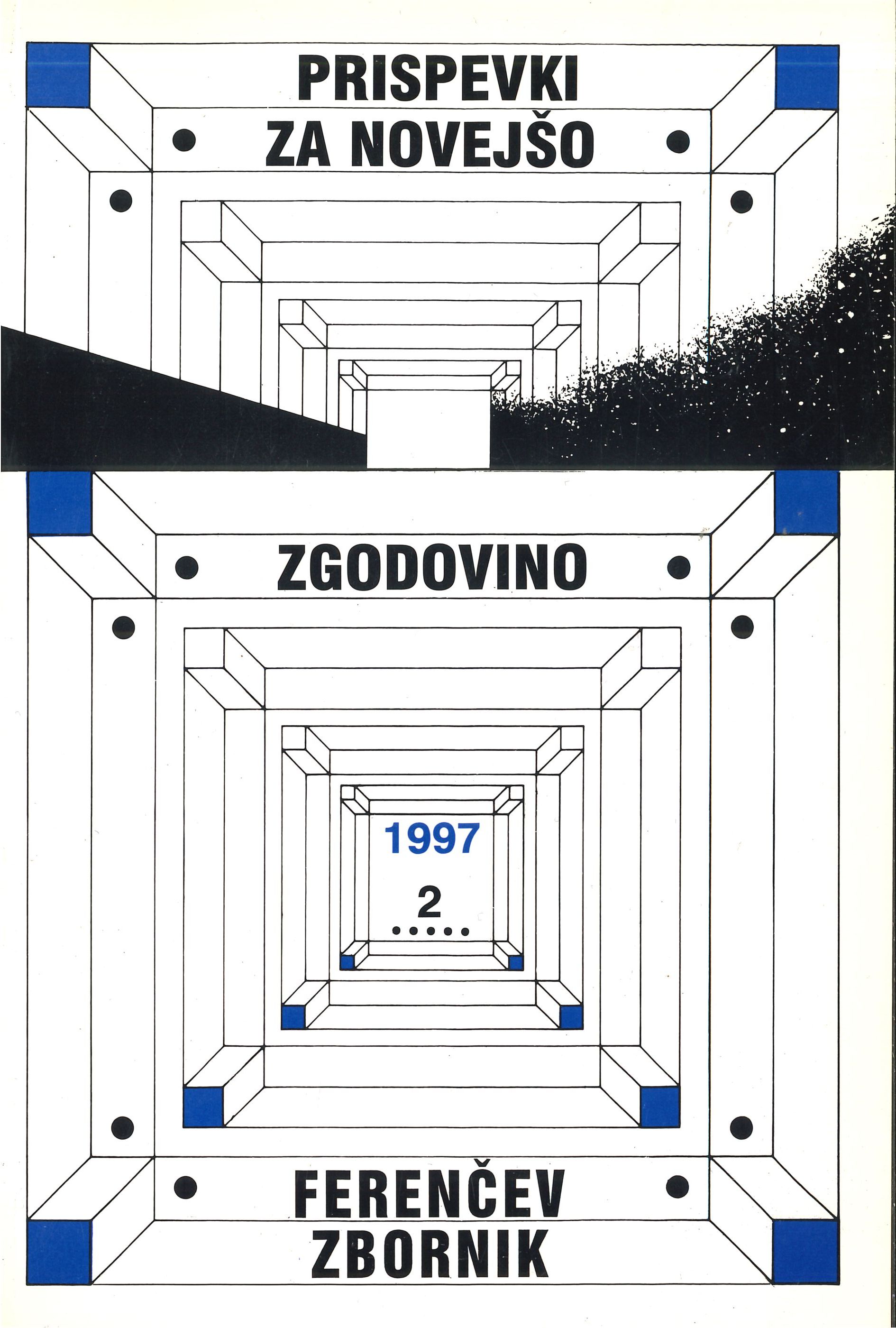Legal Aspects of Rationed Supply in Yugoslavia from 1945 to 1948
Keywords:
povojno obdobje, racionirana preskrba, zakonodaja, 1945-1948Abstract
The author presents the legal aspects of rationed supply in Yugoslavia from the end of the Second World War to March 1948. Rationing was centrally planned, administered and controlled by the Ministry of Commerce and Supply which also prescribed which goods were subject to planned distribution, who was entitled to buy and sell them, in what quantities and at what prices. Consumers, who were categorised according to the physical demands of their employment, could only buy goods with consumer coupons, popularly called "cards". Those who could produce food for themselves were not entitled to rationed supply.
Downloads
Published
1997-01-01
Issue
Section
Articles
License
Authors who publish with this journal agree to the following terms:
- Authors retain copyright and grant the journal right of first publication with the work simultaneously licensed under a Creative Commons Attribution License that allows others to share the work with an acknowledgement of the work's authorship and initial publication in this journal.
- Authors are able to enter into separate, additional contractual arrangements for the non-exclusive distribution of the journal's published version of the work (e.g., post it to an institutional repository or publish it in a book), with an acknowledgement of its initial publication in this journal.
- Authors are permitted and encouraged to post their work online (e.g., in institutional repositories or on their website) prior to and during the submission process, as it can lead to productive exchanges, as well as earlier and greater citation of published work (See The Effect of Open Access).


